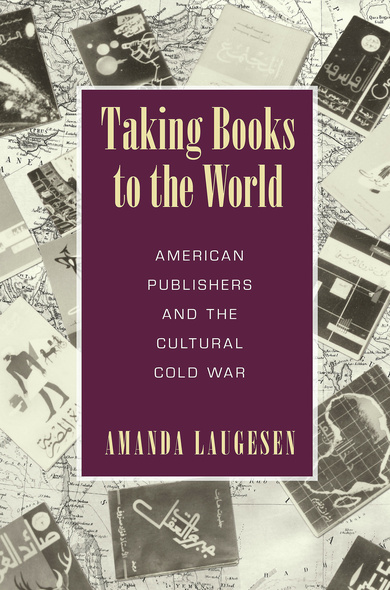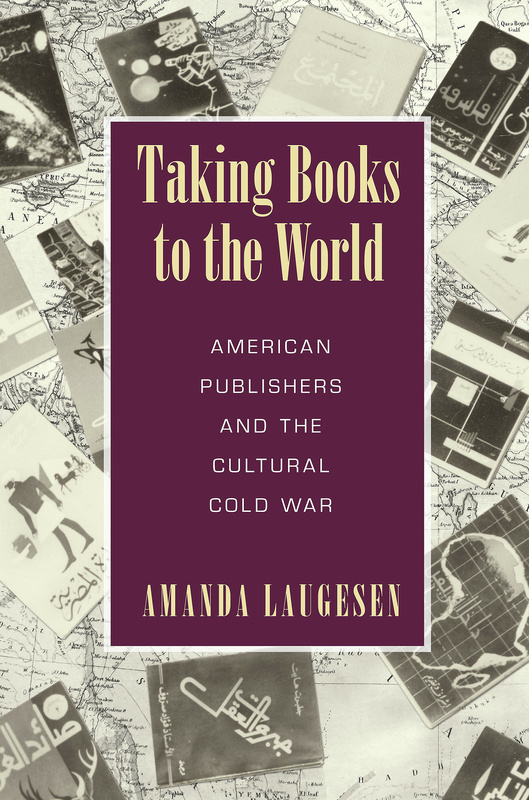Taking Books to the World
American Publishers and the Cultural Cold War
University of Massachusetts Press
Franklin Publications, or Franklin Book Programs, was started in 1952 as a form of cultural diplomacy. Until it folded in the 1970s, Franklin translated, printed, and distributed American books around the world, with offices in Egypt, Indonesia, Iran, Nigeria, Afghanistan, and Pakistan. Although it was a private firm, Franklin received funding from the United States Information Agency. This was an ambitious and idealistic postwar effort that ultimately became the victim of shifting politics.
In Taking Books to the World, Amanda Laugesen tells the story of this purposeful enterprise, demonstrating the mix of goodwill and political drive behind its efforts to create modern book industries in developing countries. Examining the project through a clarifying lens, she reveals the ways Franklin's work aligned with cultural currents, exposing the imperial beliefs, charitable hopes, and intellectual reasoning behind this global experiment.
In Taking Books to the World, Amanda Laugesen tells the story of this purposeful enterprise, demonstrating the mix of goodwill and political drive behind its efforts to create modern book industries in developing countries. Examining the project through a clarifying lens, she reveals the ways Franklin's work aligned with cultural currents, exposing the imperial beliefs, charitable hopes, and intellectual reasoning behind this global experiment.
Taking Books to the World tells the largely untold story of Franklin, based on careful combing through of archival materials that have not been much used by scholars before. It is a very careful, clearly written book.'—Sarah Brouillette, author of Literature and the Creative Economy
'This is a welcome addition to the growing interdisciplinary scholarship on U.S. cultural policy during the Cold War. Taking Books to the World is based on extensive archival work, and provides fascinating examples of Franklin's strategy to promote an American worldview in developing countries from the 1950s to the 1970s.'—Lise Jaillant, author of Cheap Modernism: Expanding Markets, Publishers' Series, and the Avant-Garde
'Highly readable and well-researched . . . a work in which [Laugesen] explores the delicate balancing acts and sometimes not so subtle sleights of hand that communists and capitalists played in their efforts to influence and mold peoples in nonindustrialized areas in their own image, starting with books.'—Publishing Research Quarterly
'[A] valuable complement to more broadly focused scholarship . . . Highly recommended.'—CHOICE
'Taking Books to the World provides a thorough, nuanced account . . . [A] welcome study of the 'book diplomacy' front in America's cultural Cold War.'—Journal of American History
Amanda Laugesen is director of the Australian National Dictionary Centre at the Australian National University and author of numerous books, including, most recently, Furphies and Whizzbangs: Anzac Slang from the Great War.





